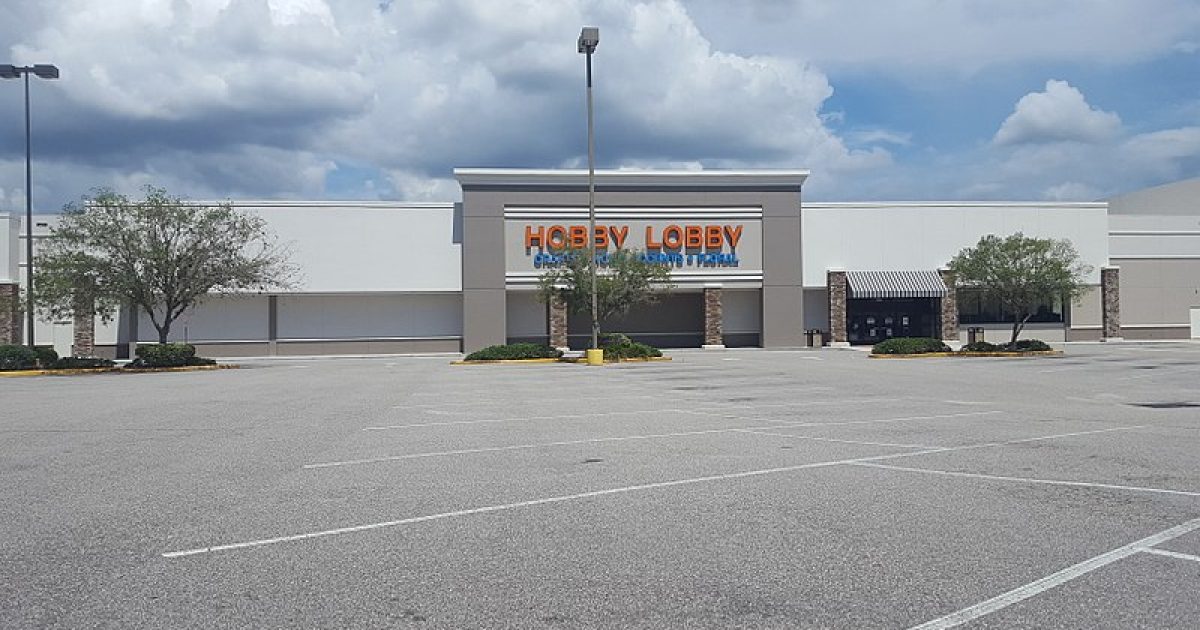
The Alton Daily News reports that the parent company of an Illinois-based grocery store chain claimed that Illinois’ biometric privacy law is unconstitutional because the government is not required to comply with it.
Albertsons Companies Inc., the parent company of Jewel-Osco, has been caught in a class-action lawsuit Bruhn v. New Albertsons Inc. over alleged violations of Illinois’ Biometric Information Privacy Act. The class-action lawsuit claimed that the company broke the law when it required pharmacists to use fingerprints to access a computer system to provide medication to patients.
In a legal motion filed with the Cook County Circuit Court, the company’s attorneys argued that the law was unconstitutional because public entities and financial institutions don’t have to comply with it.
The company attorneys declared in the motion, “It is facially absurd that an employee of a government contractor working in a government building is not covered by the BIPA, but is covered when working in the non-government building next door.”
Illinois’ biometric law is commonly perceived as the strongest consumer-protection law of its kind in the nation because it allows individuals to file lawsuits in court. Under this law, companies are required to get affirmative permission in collecting an Illinois resident’s biometric information and reveal what they’re going to do with it. Violating this law is punishable by a $1,000 fine for every incidence of infraction or $5,000 if it can be proven that the company was knowingly breaking the law.
A Biometric Information Privacy Act expert chimed in on this lawsuit saying that she was skeptical of the company’s decision to try to throw out the class-action case.
“This is an extremely complex, and really awkward, procedural way to try and get the class-action thrown out,” stated Alexandra M. Franco, a visiting assistant professor of law at the Chicago-Kent College of Law at the Illinois Institute of Technology. She claims that a legal challenge would have likely been filed against BIPA years ago if there was any constitutional deficiencies in the statue.
Additionally, Franco asserts that a company trying to prove that a law it has been accused of violating is unconstitutional is rare.
In the case that Albertsons loses the ruling, it could be fined up to $5,000 for every case where a pharmacist in its Illinois-based Jewel-Osco stores used a fingerprint for computer access.
On top of that, Albertsons sustained in its motion that the company’s decision to mandate the usage of fingerprints was not harmful towards the pharmacists. Franco countered by declaring that argument to be “irrelevant” because the Illinois Supreme Court ruled in January that Six Flags Great America should still be fined under the law although it may have not monetarily harmed the people whose fingerprints they obtained.
Facebook and Google have both been sued for breaking this law as well. Google’s case was thrown out, but Facebook’s case may actually be allowed to proceed.



